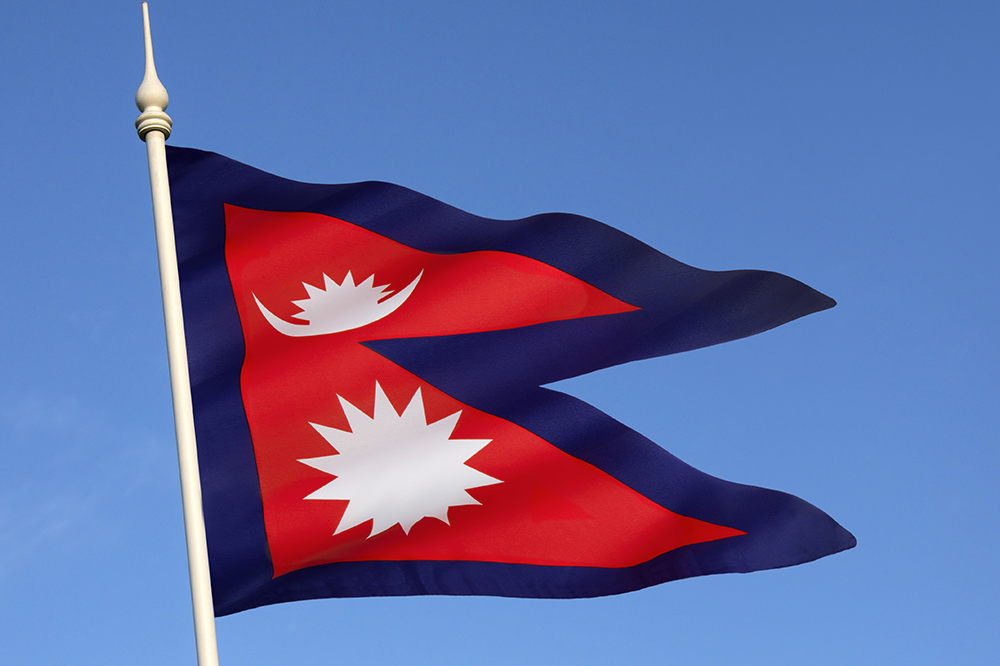Nepal’s draft Criminal Code Bill must be revised in line with international human rights standards in order to ensure justice for victims of serious human rights violations, the ICJ said in a briefing paper released today.
The ICJ is calling on Nepal’s Parliament to make significant changes to the draft before it adopts this important legislation.
In its briefing paper Serious Crimes in Nepal’s Criminal Code Bill, 2014 the ICJ has evaluated the Criminal Code Bill, 2014, which aims to update Nepal’s criminal law and codify new crimes.
The ICJ has concluded that a number of provisions of the Bill are not in accordance with Nepal’s international obligations.
“While the Criminal Code Bill makes a nod towards addressing impunity for gross human rights violations, the draft law falls well short of what Nepal needs to do to hold abusers accountable for the most serious crimes”, said Nikhil Narayan, South Asia Senior International Legal Adviser for the ICJ. “For instance, the bill fails entirely to include war crimes, crimes against humanity and genocide.”
“It is crucial that Nepal revise the Criminal Code Bill in line with international standards in order to ensure justice and accountability for victims of these grave offences,” he added.
The briefing paper identifies several key shortcomings of the Bill, including an inadequate definition of the crime of enforced disappearance and the inappropriate inclusion of a statute of limitation for filing complaint of enforced disappearance, which would necessarily lead to impunity.
In respect of the crime of rape, there were numerous shortcomings as to the definition, discriminatory provisions on penalties for marital versus non-marital rape, inadequate provisions for reparation to rape victims and inappropriate limitations periods for filing complaints of rape.
The ICJ previously analyzed Nepal’s Torture and Cruel, Inhuman or Degrading Treatment (Control) Bill, 2014, criminalizing torture and other ill-treatment, and in that briefing paper too found several provisions of the soon-to-be-enacted anti-torture law to be inconsistent with Nepal’s international legal obligations.
The ICJ briefing paper on the Criminal Code Bill is released at a time when the Legislative Committee of the Legislature-Parliament has approved the draft Bill based on its sub-committee report and intends to table the Bill before the Parliament for debate and vote in the coming weeks.
“Many of the serious human rights abuses that systematically occurred during Nepal’s decade-long armed conflict have still not been criminalized under the country’s domestic law, denying justice to the many victims of that conflict,” Narayan said.
“This Criminal Code Bill is an opportunity for the Government of Nepal to demonstrate its commitment to ending the culture of impunity in the country by promulgating a strong law that ensures justice and accountability for serious crimes in line with its international human rights obligations,” he added.
In its briefing paper, the ICJ has made several recommendations for revision of the Criminal Code Bill, including:
- Amending the definition of enforced disappearances in line with Nepal’s international obligations and the Convention on the Protection of All Persons from Enforced Disappearance (CED);
- Revising the penalty provisions in the Criminal Code Bill to comply with relevant provisions of the CED and other international standards;
- Removing the statute of limitations for enforced disappearance cases;
- Amending the provisions on rape and sexual violence to ensure that they are gender neutral, and that both perpetrators and victims can be male, female, or “third-gender”, as defined by the Supreme Court of Nepal;
- Maintaining consistent penalties for both marital rape and non-marital rape;
- Revising the penalty for rape to reflect the seriousness of the crime and the long-lasting damage suffered by the victim, in line with international standards; and,
- Including provisions criminalizing genocide, crimes against humanity and war crimes, in line with international law and standards.
Contact
Nikhil Narayan, South Asia Senior International Legal Adviser, e: Nikhil.narayan(a)icj.org
Sam Zarifi, Asia-Pacific Regional Director, e: sam.zarifi(a)icj.org
Nepal-Serious Crimes Bill-Advocacy-Analysis Brief-2017-ENG (full paper, in PDF)

